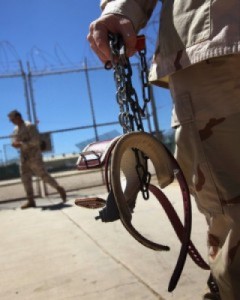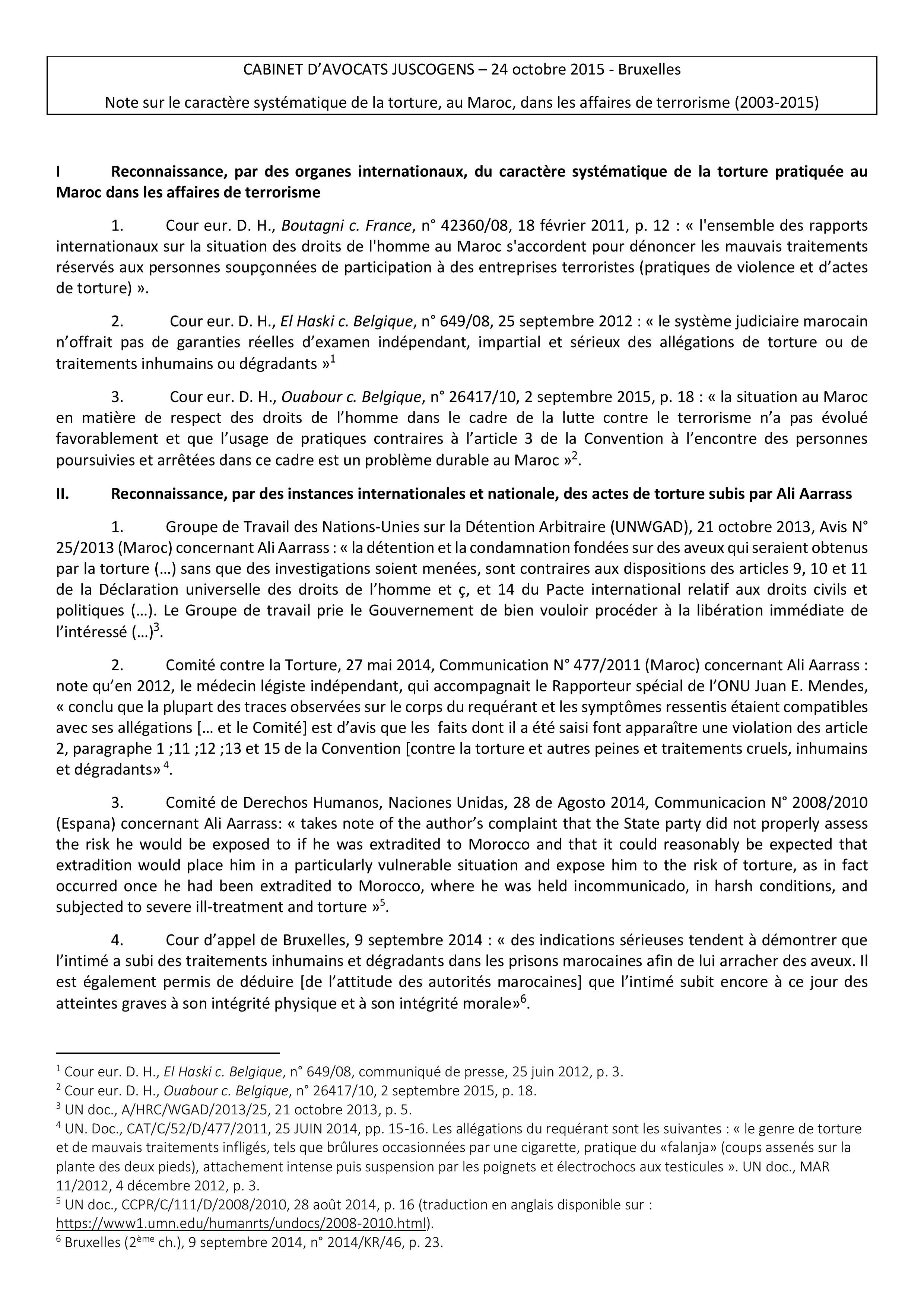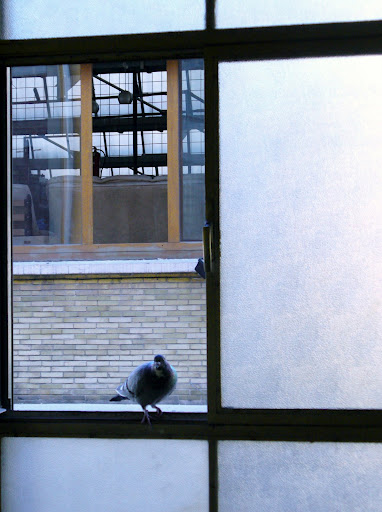 Website www.cageprisoners.com click here
Website www.cageprisoners.com click here
Ali Aarrass is a Moroccan-Belgian national who was first arrested by the Spanish police in 2006. He was cleared of any wrongdoing but he was then rearrested and deported to Morocco to face the same charges. There, he was taken in secret detention and tortured. He was later sentenced to 15 years of prison despite the lack of evidence against him.
Message from the family of Ali Aarrass
We need your support !
Please donate now !
Farida Aarrass (Ali’s sister) has already paid 5495euros to her brother’s lawyers. 2000 euros are still lacking to clear her debt and to pay for their travel costs to Morocco. This money will only cover temporarily the expenses necessary to Ali’s defense.
Please donate generously in these last days of Ramadan.
Background
Ali Aarrass, a Moroccan-Belgian national, was born in 1962 in Melilla, a small Spanish enclave in the North of Morocco. His parents were divorced and he later moved to Belgium with his sister Farida at the age of 15. While in Belgium, Aarrass worked very hard to earn an honest living and took care of his mother and two sisters.
Aarrass was well-known amongst his community in Brussels and the running of his own stationary shop provides a strong indication of why. When a new school year began, he would lower the prices of books needed by the children so that the families, particularly the poorer families, could buy everything that they needed. His compassion for others was greater than his desire for profit.
In 1989 Aarrass obtained his Belgian nationality and completed his 12 month military service in 1993.
After living in Belgium for 28 years, he returned to Melilla where his father lived. He went with his wife Houria in 2005 where they adopted a little girl. There Aarrass continued to work hard to support not only his family, but as his step-brother had lost his sight.
Arrests
Aarrass was arrested for the first time in November 2006 by the Spanish police. He was released under caution for €24,000 which his father raised by putting together all of his savings. He was free, but had to present himself every week to the court since an investigation on suspicion of terrorism was opened against him.
On 1 April 2008 Spanish police arrested Aarrass for a second time, along with Mohammed El Bay, in Melilla following two international arrest warrants issued for them by Morocco on 28 March 2008 for terrorism-related charges.
Allegations
The initial reason for the first arrest in November 2006, as alleged by the Spanish police, was that Aarrass possessed a weapon that was part of a set of weapons due to be smuggled into Morocco. However, after over two years, the judicial investigation for offences linked to terrorism was provisionally closed by Spanish anti-terror judge Baltasar Garzon on the grounds of lack of evidence implicating Aarrass in any act of terrorism.
Regarding the international arrest warrant issued by Morocco Aarrass and El Bay were arrested for their alleged relationship in arms trafficking from Belgium to Morocco, to Belgian-Moroccon Abdelkader Belliraj’s alleged terrorist network – synonymous to what Aarrass was originally arrested for by the Spanish police. Morocco further allege that he is linked to Casa de España bombing attacks in Casablanca, Morocco on 16 May 2003, and accuse him of being a member of the Movement of Mujahideen from Morocco since 1982.
There is something wholly troublesome with these allegations considering two simple facts: first of all judge Baltasar Garzon had declared a non-lieu in the investigation into Aarrass having anything to do with arms-trafficking to a terrorist network; also, he had been in Belgium since 1977 meaning that he was there during the Casablanca bombing and during the time he was allegedly a part of the Movement of Mujahideen from Morocco – it is curious as to why these allegations were even included.
Detention and Extradition
Ali Aarrass was detained on the authority of an international arrest warrant since 1 April 2008: first in a prison in Madrid, then in Badajoz and was later confined in the Bota fuegos prison in Algeciras, Spain. He was in a high security regime reserved for people suspected of terrorism.
On the dates of 21 November 2008 and 23 January 2009 his extradition was authorised and confirmed, respectively. While the corresponding dates for Mohammed El Bay were 22 December 2008 and 12 March 2009. Aarrass’s extradition was confirmed in January only after the Moroccan government had given assurances that he would not be condemned to death or imprisonment without the possibility of parole.
On 16 March 2009, when judge Baltasar Garzon provisionally closed the judicial investigation against Aarrass for offences linked to terrorism which he was being investigated for by the Spanish police since 2006, he went on to accept the Moroccan extradition request. Despite clearing him, Garzon declared that he hadn’t any objections against Aarrass being extradited to Morocco to stand trial for the same allegations. Upon hearing this judgement he began a two-month hunger strike protesting his innocence, protesting against his conditions of detention and protesting against his extradition to Morocco.
On 25 March 2009 Aarrass’s lawyer, Nayim Mohamed Ali, stated that:
‘The decision to send Ali Aarass to Morocco is a contradiction. It violates the legal principle that you cannot judge a person two times for the same offence. How can it be that one can extradite an individual who had already been cleared in Spain? My client must be freed.’
It has been argued that the principle of double jeopardy was not ignored as Ali Aarrass was never brought to trial and found innocent, and that there is no law against being investigated for the same offence twice. But this is completely missing the point. He was investigated for charges of terrorism and cleared of them due to a lack of evidence. Now the Moroccan government, a government with an appalling human rights record, want to extradite him for the same thing Spanish police could not even find enough evidence for to take Ali Aarrass to trial.
An interesting sentiment is raised by Abderraman Benyahya, spokesperson of the Islamic Commission, who stated that the Spanish authorities would never have allowed the extradition “if the accused hadn’t been Muslim”; if he hadn’t been a Muslim accused of terrorism.
Considering Amnesty International’s findings that nearly 1500 individuals were arrested after the 2003 Casablanca bomb attacks, with hundreds of them being severely tortured, it seems that Moroccan authorities are very extreme in their ideology – they don’t care how many innocent people suffer as long as they detain the guilty. Or rather the attacks may perhaps be simply being used as an excuse for political detentions.
Another important issue that arises from the above findings is highlighted by Eva Suarez-Llanos, the Spanish president of Amnesty International, who has said: “The Spanish authorities cannot extradite people in detention to a country where they risk being tortured.”
In November 2010, the extradition of Aarrass was finally ordered by the court.
On 26 November 2010, the United Nations Human Rights issued an interim measure requesting Spain no to proceed with the extradition of Ali Aarrass.
On 14 December 2010, the Belgian consul received instructions to visit Aarrass. However, he was informed that the visit could not take place as he had been deported to Morocco.
The family of Aarrass were never informed of his extradition and they became aware of it through the media.
Support for Ali Aarrass
Despite authorities having effectively ignored it, there has been much support for Ali.
On 30 September all parliamentary groups of the city of Melilla unanimously approved a motion urging the Central Government to freeze extradition procedures to Morocco for Ali and Mohammed. The president of Melilla, Juan José Imbroda, and his local government, lead by the Partido Popular (PP), the Coalition for Melilla (CPM, the most important party of the opposition), the Islamic Commission for Melilla, the Association Inter Culture and Amnesty International from Spain have all united against their extradition.
Furthermore, in Belgium hundreds of people have rallied together in protest against Aarrass’s extradition – demonstrating in Brussels or signing petitions to Spanish and Belgium ministers demanding Ali Aarrass’s freedom.
Disappearance and torture in Morocco
As permitted by the Moroccan legislation, Aarrass was subsequently held in secret detention for eight days without any access to the outside world. During that period of time, he was questioned and tortured by the DST. He narrated torments that are commonly reported by people detained under the anti terrorist legislation in Morocco, including sleep deprivation, injection of chemicals, electric shocks to his genitals and rape. He also said he was hanged by his feet and beaten.
Reappearance
On 22 December 2010, Aarrass was presented to examining magistrate Chentouf who received the forced confessions he had made under torture. He faced the accusations of transporting arms between Belgium, Spain and Morocco for the purpose of terrorism, even though the Spanish investigation had already cleared him from those allegations. The case of Aarrass in Morocco is based solely on statements made by other people under torture, including Abdlekader Belliraj accused of being the head of a terrorist group made of over thirty people, among them several journalists, professors and politicians. The Moroccan police did try to find material evidence against him but were unsuccessful. On one occasion, Aarrass was taken handcuffed, shackled and hooded to Nador (Morocco) and was requested to indicate with his foot a place to dig. No weapons were found.
Aarrass was heard six times by a judge who kept delaying the beginning of the trial.
Inconsistencies
On 15 September 2011, Aarrass’s lawyer requested the end of the prosecution of his client and raised several issues regarding the case-file.
He mentioned that some documents were falsely dated. Hence, the first police note dated on 15 December 2010 mentioned events that occurred on 18 and 20 December 2010.
He asked why Ali Aarrass was prosecuted for accusations he had already been cleared of by Spain.
He also asked how five Moroccan bodies could have failed to investigate the allegations of torture after formal complaints had been filed.
He requested a confrontation with the accusers of his client.
He also asked how the court could accept Aarrass’s confessions made in Arabic during his secret detention while it had acknowledged that he could not speak this language and had provided him with a translator later.
Nevertheless, the Court rejected all these arguments and requests without any explanation.
Sentence
On 24 November 2011, the trial of Ali Aarrass eventually took place before three judges at the Appeal Court of Rabat (Salé).
Even though no material element was brought forward, Ali Aarrass was sentenced to 15 years of prison. This conviction was pronounced solely on the basis of confessions obtained under torture.
The judges made their decision in less than an hour, leaving aside all the legal and factual objections raised by the defence after a three-hour plead.
It should be noted that the judges pronounced the sentence before the official time they had set themselves (4pm). Therefore, Ali Aarrass’ lawyers and family were not there and he was left alone when the verdict was given. Furthermore, in the absence of his translator, Ali Aarrass did not understand the judgement made. His lawyers had to explain it to him in his cell.
Moreover, the Moroccan authorities refused to examine the complaint made by Ali Aarrass with regards to the torture to which he was subjected during his disappearance.
Ali Aarrass remains under a harsh regime in solitary confinement.
Please donate generously at the following bank details
Farida Aarrass
BNP Paribas Fortis
Chaussée de Gand
1080 Bruxelles
BIC GEBABEBB /IBAN BE 91 0012 3441 0276





